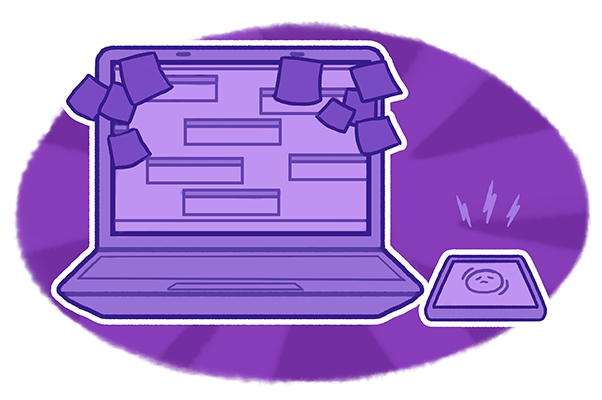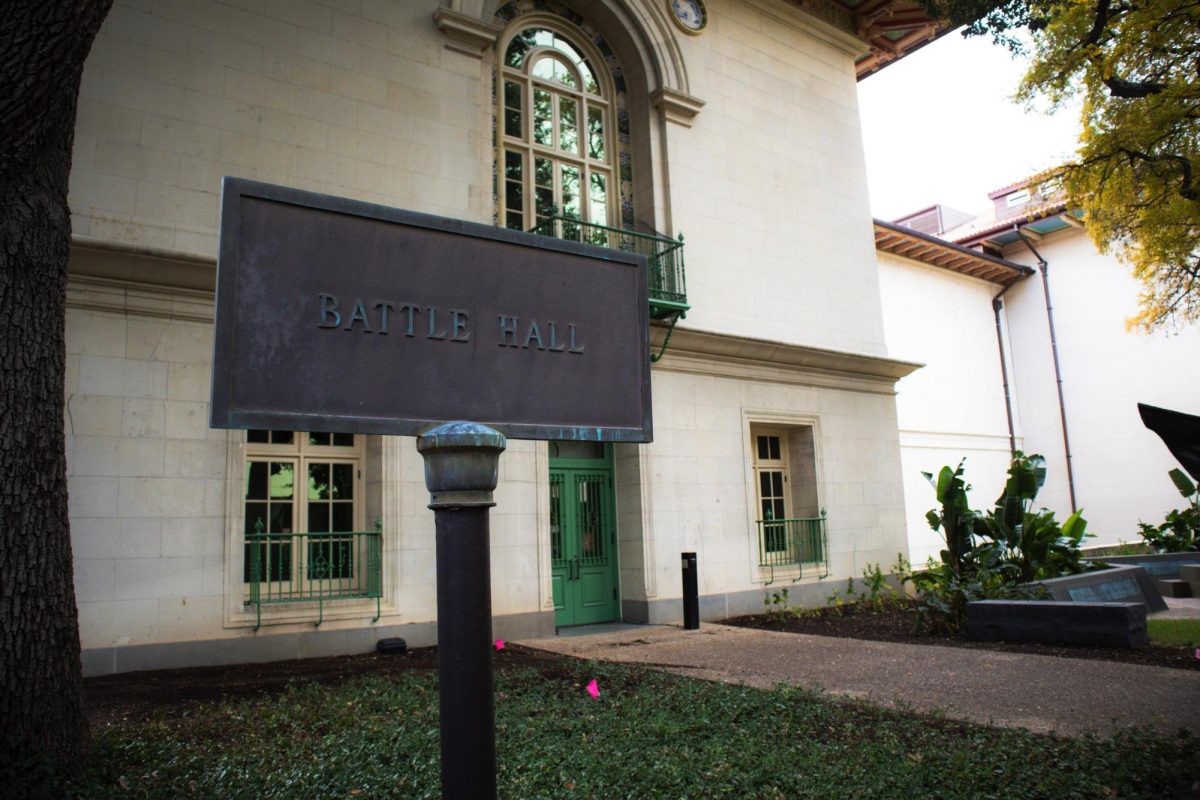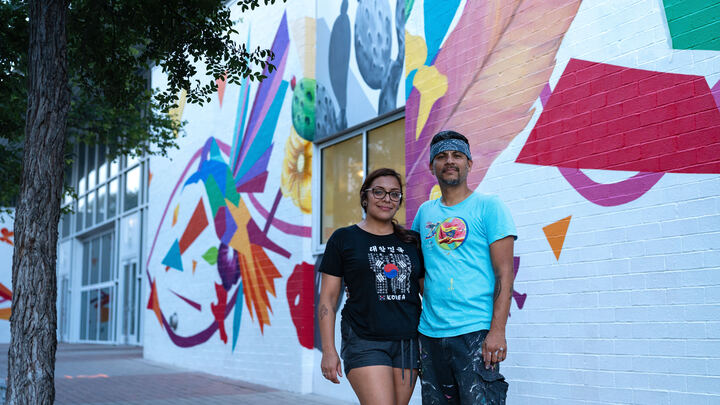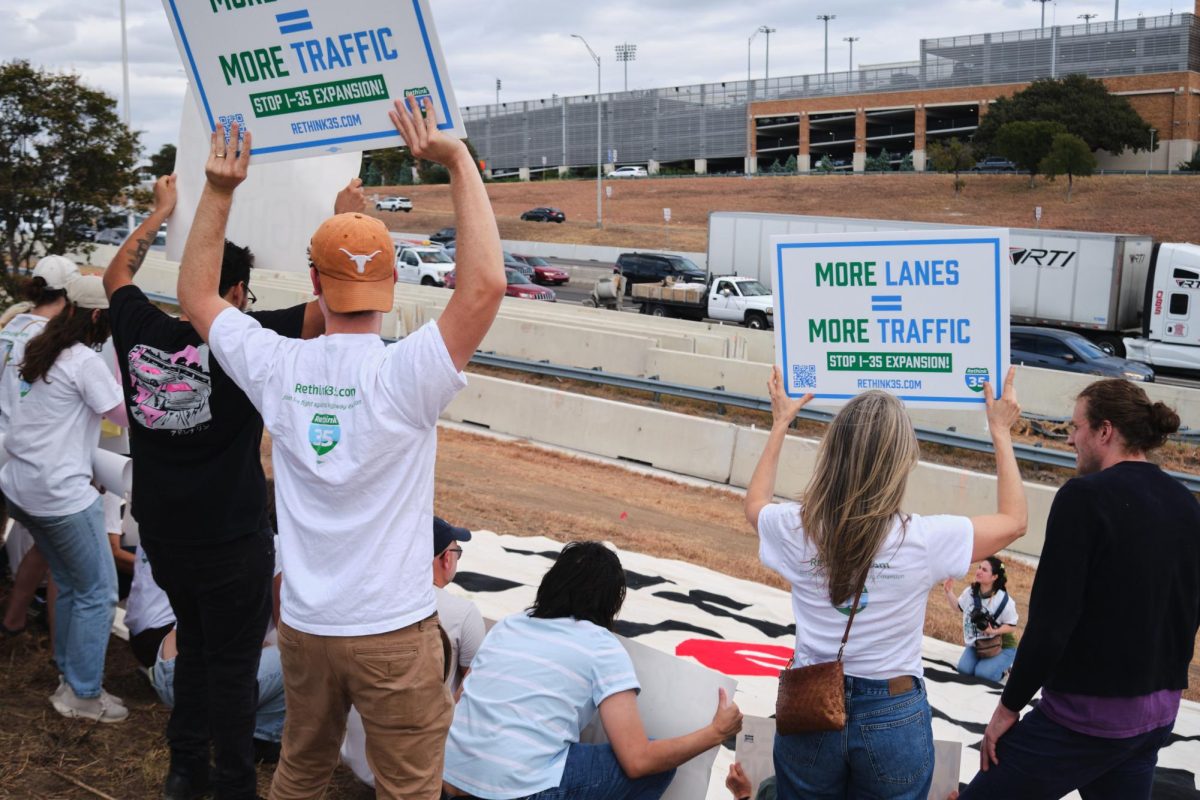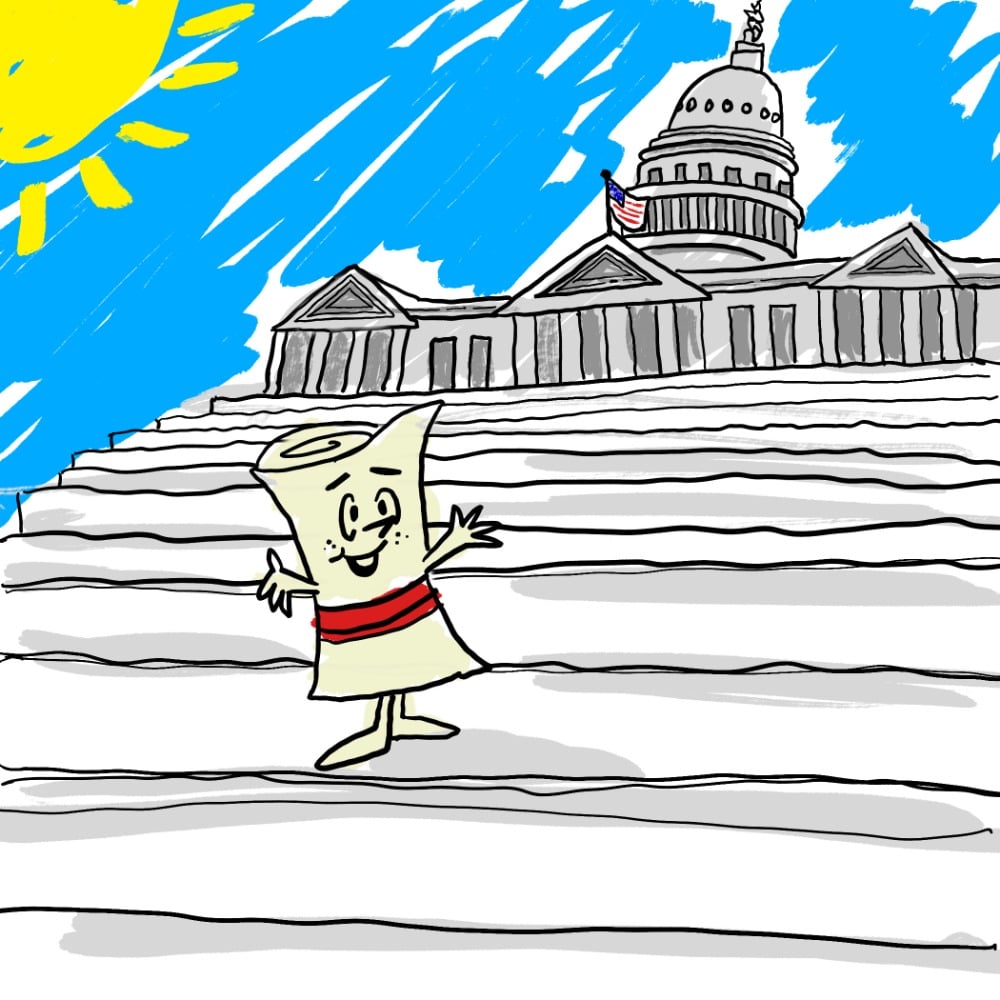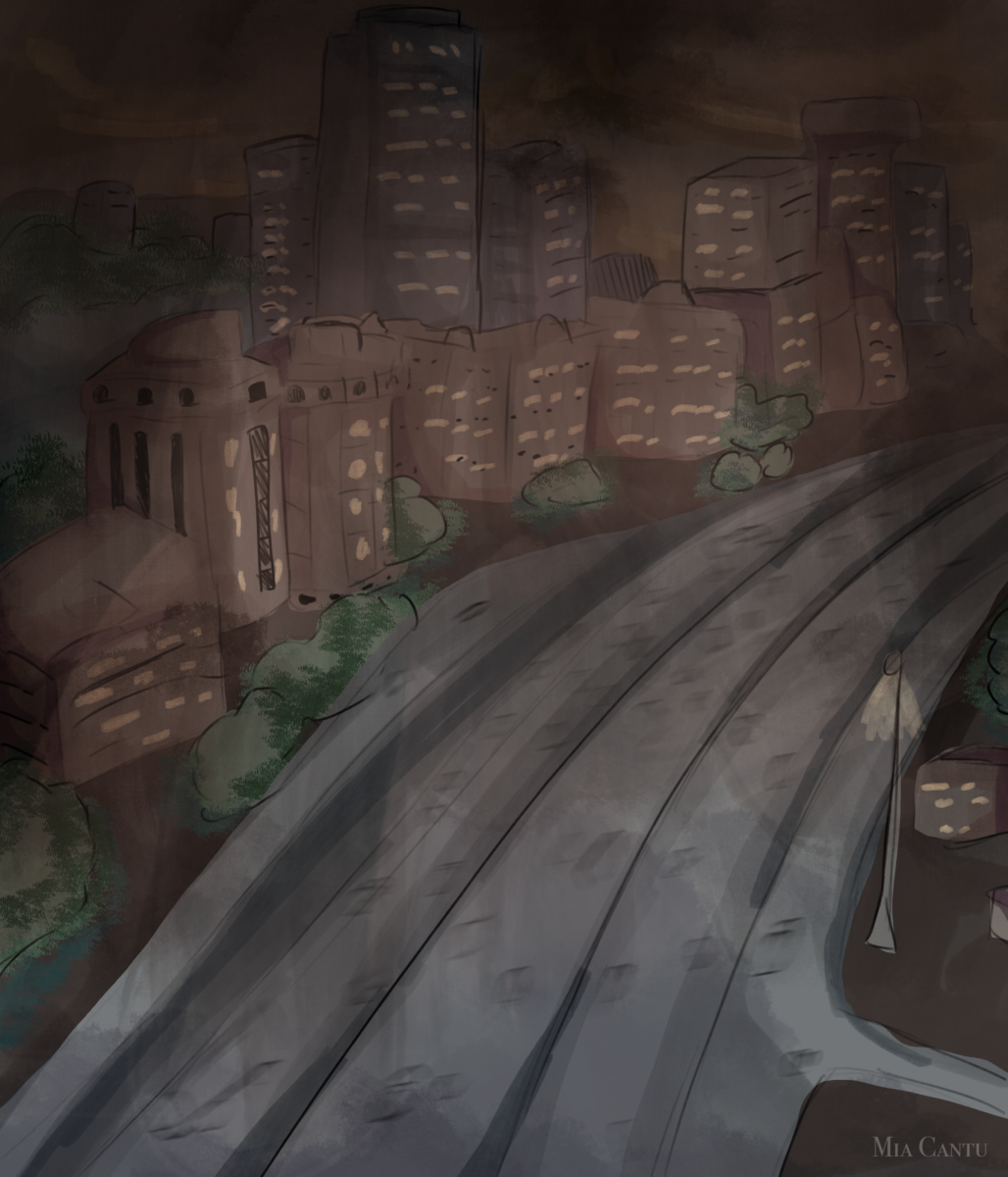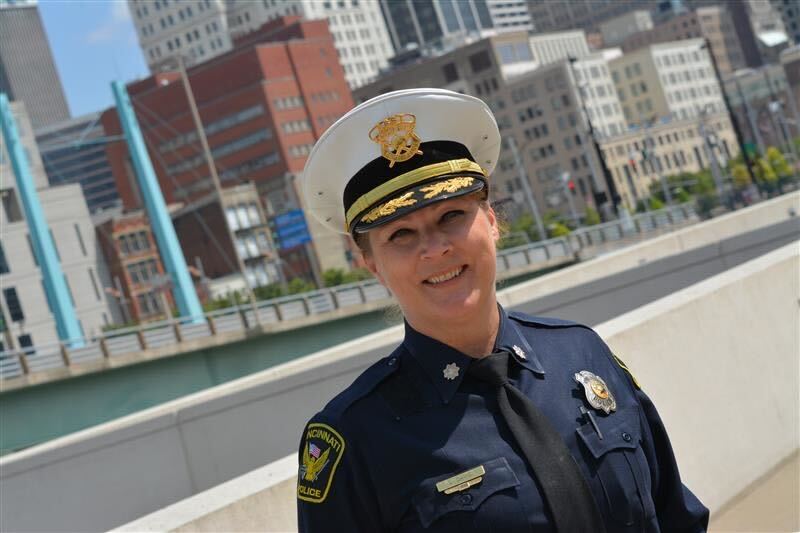Some students say they have struggled to make timely appointments with the Counseling and Mental Health Center and reach the crisis hotline this semester.
Biology sophomore Ximena Pastor Navarro said she was recommended to CMHC by Student Emergency Services. She said three weeks passed before her first appointment, which caused her to second-guess attending.
“I ended up deciding to go, which was really helpful,” Pastor said. “Having to wait that long was definitely harder on my mental health because I didn't have anyone to talk to.”
Pastor said she is concerned about going to virtual therapy appointments because of the lack of privacy in her room at home.
“(Virtual sessions) are a lot harder … because I'm in my room so anyone can walk in at any time,” Pastor said. “I can be scared of my parents (or my sister) overhearing compared to when you’re in person, you know no one's going to want to walk in and it's a safe place.”
Sara Vela, a radio-television-film senior, has attended appointments with CMHC since her freshman year but she recently had trouble reaching the CMHC crisis hotline.
“As time went and they weren't answering, I started looking up resources online that I could read while I was waiting,” Vela said. “By the time the 45-minute mark hit, I was not in as calm of a state as I know I would have been if they'd answered, but I was definitely not feeling like I was in a crisis.”
Vela said she had positive experiences with therapists at CMHC and the crisis hotline in the past.
“It's only not connected to me for this long once, (during) freshman year, but I've used it (about) five times total, and it’s worked every other time,” Vela said.
Javier Ungo, CMHC assistant director for access and referral services, said in an email he could not find evidence of long wait times for the crisis hotline recently.
“The average wait time is 1.01 minutes,” Ungo said. “The goal is to answer every call within 30 seconds, though with surges in call volume, we do sometimes fall short of that.”
Katy Redd, the CMHC associate director for prevention, development and media relations, said there are private rooms available for teletherapy appointments for students in the Austin area.
“(Some students’) living situation isn't conducive to privacy, so they're able to reserve a private room for a teletherapy appointment,” Redd said. “It's available for students who have appointments with any counselor, whether that counselor is a CMHC counselor or someone in the community.”
Redd said the amount of students making appointments with CMHC has decreased since last year, but student concerns have not changed since the start of the COVID-19 pandemic.
“The most common concerns in this order is anxiety, stress and depression,” Redd said. “We have seen a higher percentage of students indicating those things are bringing them in.”
Redd said students should still call CMHC to receive assistance if they need it. She said the services offered to each student by CMHC are individualized, and every student’s experience will be different.
“Don't let concerns about ‘They're too busy,’ (stop you from calling),” Redd said. “If you're experiencing mental health concerns, call the Counseling and Mental Health Center, and we'll help … (you) figure out how to get connected to mental health care.”
Editor's note: This story has been updated with a comment from the Counseling and Mental Health Center about crisis hotline wait times.

